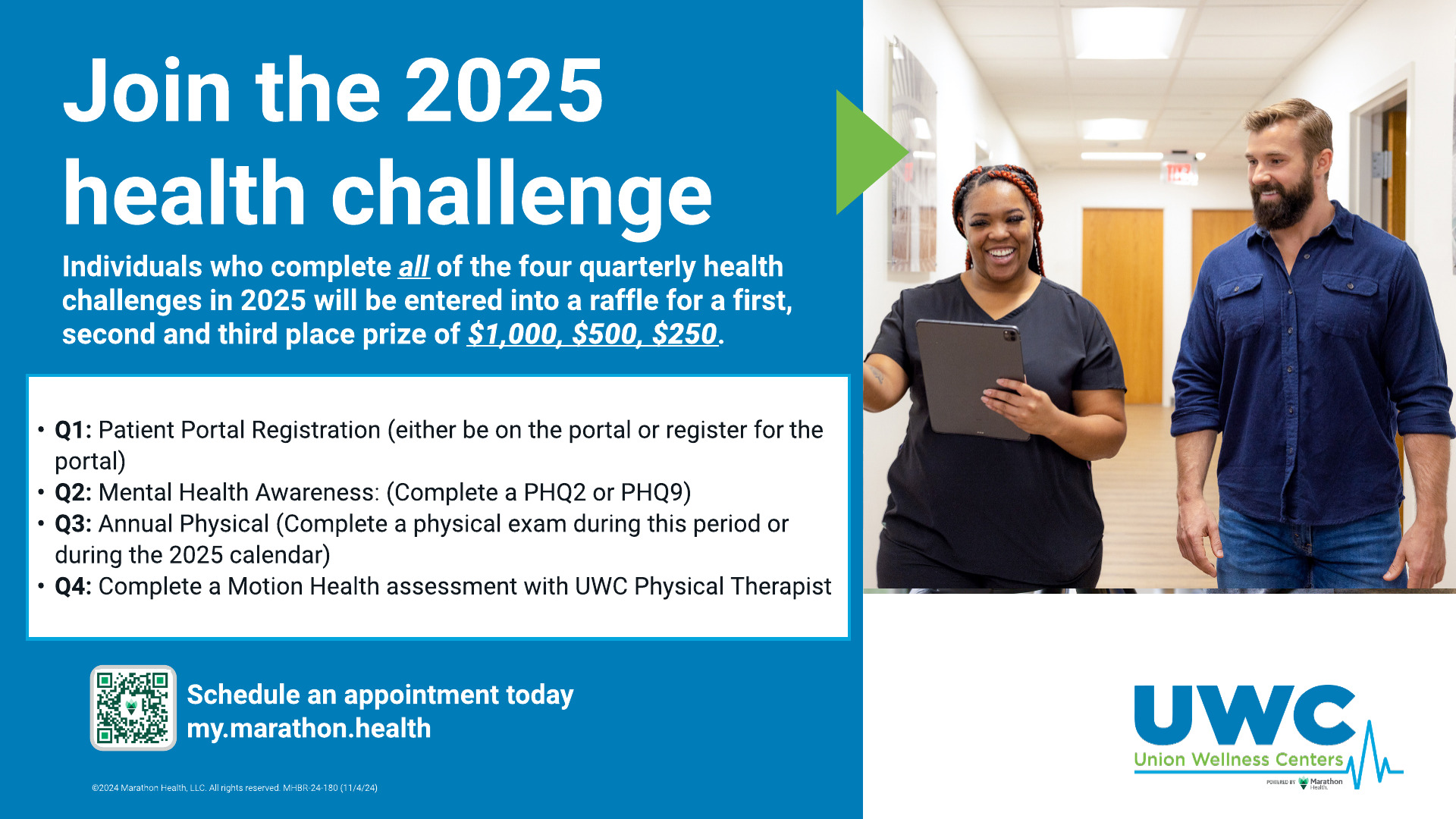Trust your gut to fuel your health
Did you know that trillions of live microorganisms are living in your intestinal tract?
Both beneficial and harmful bacteria can be found there. The ratio of the two can determine the health of your gut, which largely impacts your overall health. In fact, the microorganisms in your gut make up a large portion of your immune system. Your gut health can even affect your mood and behavior. Needless to say, it’s important!
What you eat has a huge impact on the balance of microbes living in your gut. Probiotics are the live cultures naturally found there. These “good guys” can help balance flora and reduce or prevent the growth of harmful microbes. You can eat fermented foods like yogurt and kefir as a natural way to add probiotics to your diet. To keep the good guys in your gut healthy and thriving, feed them prebiotics. Prebiotics are in foods such as whole grains, greens, onions, garlic, and other high-fiber foods.
Consuming a wide variety of plant foods is one of the best things you can do for your health. Whole foods help balance blood sugar, promote fullness, and lower cholesterol. They also provide a variety of vitamins and minerals that can reduce your risk of many diseases. Eating a balanced diet with plenty of fiber-rich plant foods and plenty of water is key. Supplements are also available, but a “food first” approach is encouraged.
Supplements can’t mimic all the wonderful nutrients found in healthy food. Certain individuals with diseases or who recently took antibiotics may benefit from probiotic supplements in addition to a healthy diet and active lifestyle. The best approach is to focus on a healthy diet, active lifestyle, and stress management before considering supplements.
Lack of exercise and chronic stress can cause an imbalance in the microbes found in your gut. Strive to move your body and engage in other stress-relieving activities daily. Adequate water intake is also important for digestion. It helps prevent constipation and breaks food down so you can absorb nutrients. It also helps to remove waste from the body.
Talk with your Primary Care Provider before changing your diet or taking supplements. Medical professionals can assess your current health status and give recommendations based on your personal needs. In the meantime, try to make as many healthy diet and lifestyle choices as you can to keep your entire body thriving.
Source: MayoClinic.org, EatRight.org, Health.Harvard.edu, NIH.gov

